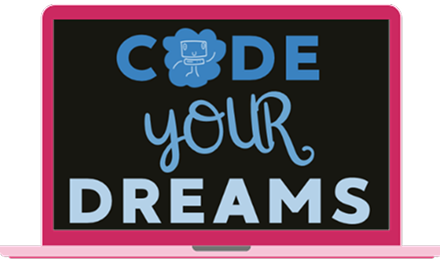Events
Upcoming events
Code Night
Registration opens soon
Students participate in interactive workshops designed for three age groups: K–2, 3–5, and 6–8. Activities include creative coding projects, robotics challenges, and beginner-friendly cybersecurity games that introduce students to the world of technology in a fun and accessible way.
- New Life Centers - Southeast: 1021 East 78th Street, Chicago, Illinois 60619
View
Spring Break - Coding & Art
Registration opens soon
Students explore coding through creative projects and guided exploration, using technology as a tool to build digital art, games, apps, or websites. The program emphasizes experimentation, collaboration, and imagination, helping students see technology not just as something they consume—but something they can create.
- Southside STEM Station
View
